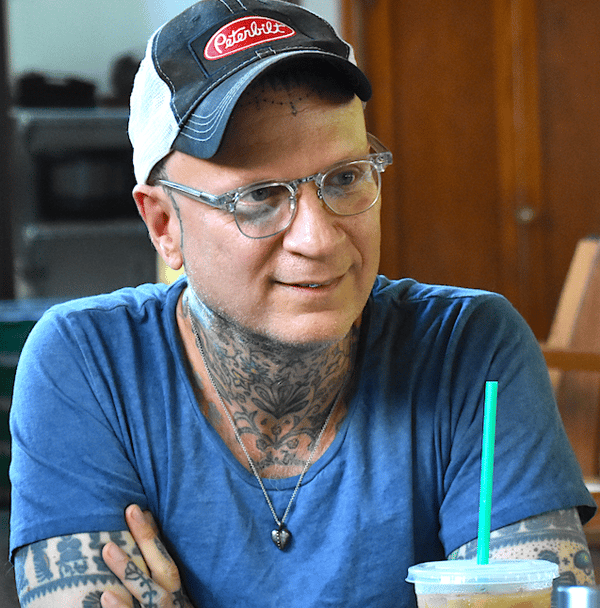Talks at Garrison Institute: Techniques for Quieting the Mind
Dharmapunx NYC
josh korda
4.8 • 886 Ratings
🗓️ 15 July 2017
⏱️ 60 minutes
🧾️ Download transcript
Summary
Transcript
Click on a timestamp to play from that location
| 0:00.0 | One of the easiest things to say that falls into the category, if easy to say, almost impossible to do is when people give the instruction, just pay attention to the breath, |
| 0:15.0 | and if a thought comes along, just drop it and bring your awareness back to your breath. |
| 0:19.0 | That was probably the easiest sentence to say |
| 0:22.0 | and the most difficult instruction to follow and in |
| 0:29.6 | many ways because the instruction is totally wrong and because also by the time all of us |
| 0:36.5 | reach adult life trying to stop thinking is about as easy as trying to stop swallowing or blinking or doing anything else that has become ingrained through years of repetition. |
| 0:53.0 | Thinking is not just one of the most important human faculties that we have. |
| 1:01.0 | It's how we make sense of our lives. It's how we communicate and |
| 1:06.7 | coordinate with each other. And in fact if we don't know how to think and we can't turn our experience into words and into ideas, then serious psychological situations result. |
| 1:28.8 | For example, when people have traumas in life. |
| 1:33.0 | An enormous amount of the clinical work that is done |
| 1:37.0 | is simply allowing people to access the memories that have been blocked so that they can turn the |
| 1:45.6 | experience into a narrative so that they can bring the experience, they can incorporate the experience into their lives and no longer keep it compartmentalized. |
| 1:59.0 | So thinking plays a absolutely vital significant role of the human experience |
| 2:07.0 | and pretending as I give you instructions that it won't be the dominant struggle that most of us will have |
| 2:19.5 | whose week is how do we relate to the thoughts that pop up in the mind, not just the memories, |
| 2:29.2 | not just the random images, but really the internal chatter trying to figure out label |
| 2:36.4 | narrate what we're experiencing. It starts out very young in life and at first as I was saying yesterday the inner |
| 2:49.1 | chatter we hear is an internalization of the language that caregivers speak to us with and is |
| 2:58.5 | essentially because of that known as a titrating quality. It makes us feel like we're not alone in the world |
| 3:07.6 | when we can think. When we face new experiences in life, we tend to think and try to make sense of it more, the left hemisphere pipes up |
| 3:17.6 | because that's what makes us feel less alone as we walk into new situations. |
... |
Please login to see the full transcript.
Disclaimer: The podcast and artwork embedded on this page are from josh korda, and are the property of its owner and not affiliated with or endorsed by Tapesearch.
Generated transcripts are the property of josh korda and are distributed freely under the Fair Use doctrine. Transcripts generated by Tapesearch are not guaranteed to be accurate.
Copyright © Tapesearch 2025.

